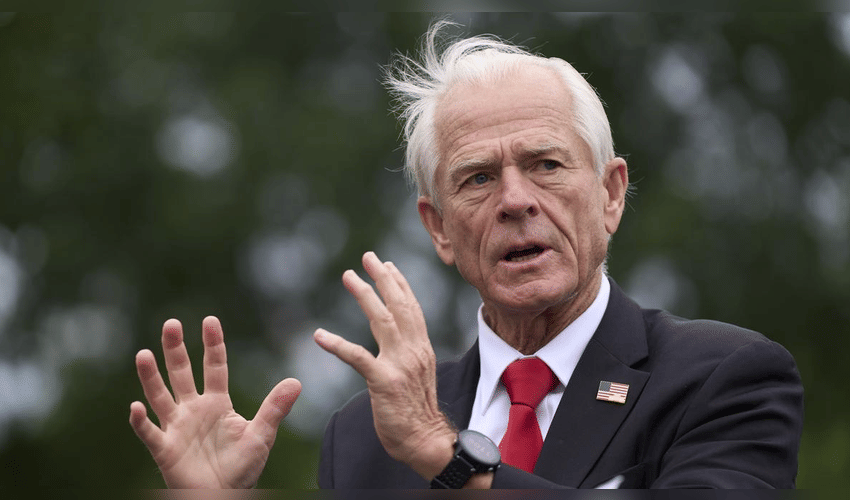World
US Former Trade Adviser Peter Navarro Slams India as Oil Money Laundromat for Kremlin.

In a recent series of pointed remarks, former White House trade adviser Peter Navarro has accused India of acting as an “oil money laundromat for the Kremlin,” intensifying criticism over India’s growing imports of Russian crude oil. Navarro’s comments come amid escalating geopolitical tensions linked to the war in Ukraine, where he alleges India is indirectly fueling Russian military operations by purchasing discounted Russian crude, processing it, and exporting refined petroleum products globally. According to Navarro, this trade dynamic allows Russia to secure significant hard currency, which then supports its war efforts in Ukraine.
Navarro points out that prior to Russia’s invasion of Ukraine in early 2022, India’s purchases of Russian oil were negligible. However, since then, India’s imports have surged to about 30-35% of its crude oil needs, translating to roughly 1.5 to 1.8 million barrels per day. He condemns this shift as unnecessary and driven by Indian refiners and their “big oil lobby,” who profit from refining cheap Russian crude and exporting it at premium prices to markets across Europe, Africa, and Asia. He accuses these energy conglomerates of being politically connected and likens the entire setup to a “laundromat” that launders Kremlin money via oil profits.
Adding fuel to the fire, Navarro harshly criticizes India’s trade policies with the US, highlighting the imposition of steep tariffs on American exports, which he calls “maharaja tariffs.” He argues that while American consumers buy Indian goods, India simultaneously restricts American exports through high tariffs and various trade barriers, creating an unfair trade imbalance. Navarro justifies the Trump administration’s recent imposition of a combined 50% tariff on Indian goods as a direct response to this trade grievance compounded by India’s Russian oil purchase.
This controversy unfolds as India maintains its stance that imports of Russian oil are essential for stabilizing its energy markets amid global uncertainties. Indian officials, including External Affairs Minister S Jaishankar, have defended the country’s strategic autonomy in choosing its energy partners. Meanwhile, Navarro insists that India’s role in this trade relationship prolongs the conflict in Ukraine, insisting that the financial benefits India gains ultimately flow to Russia’s war machinery, contributing to ongoing bloodshed.



